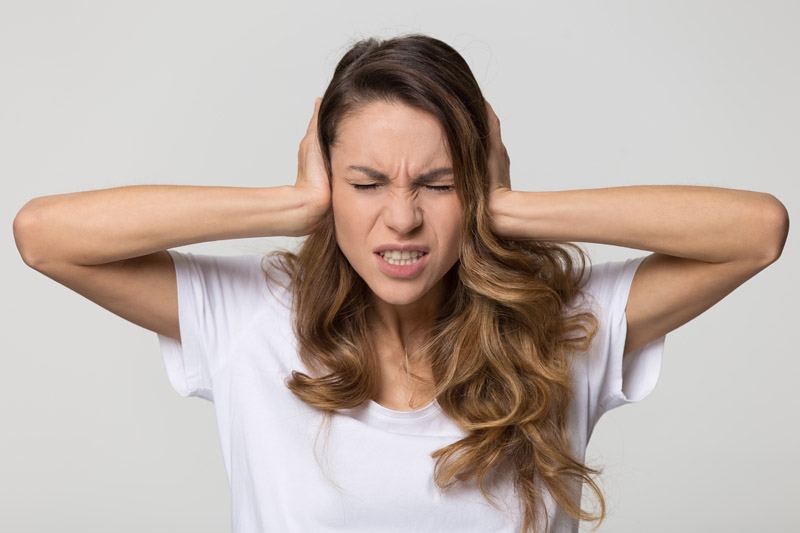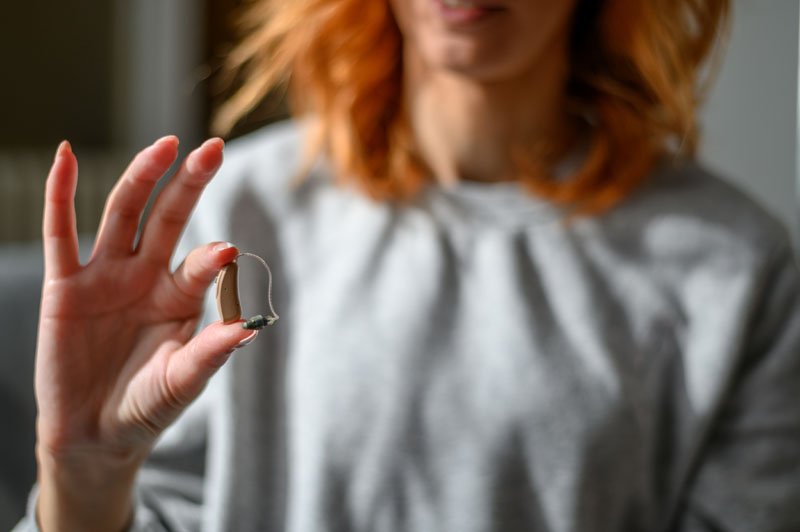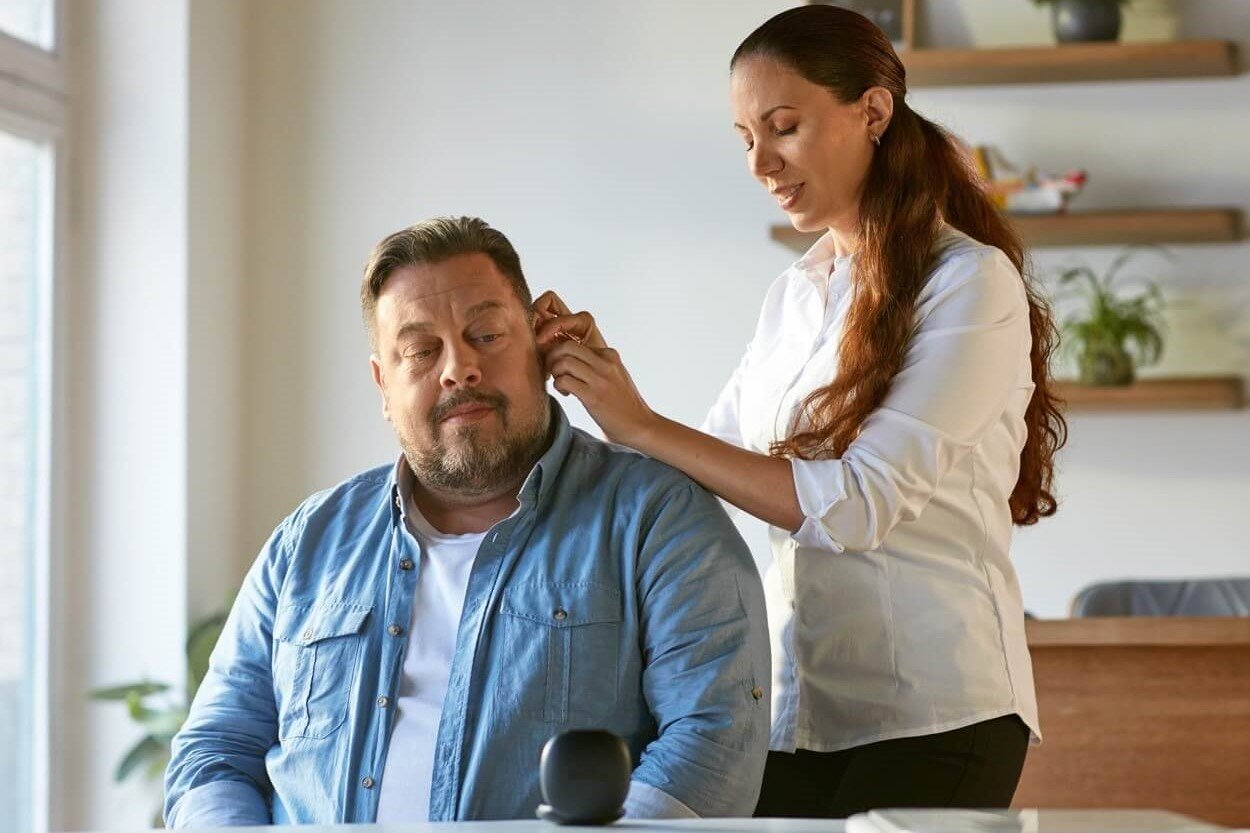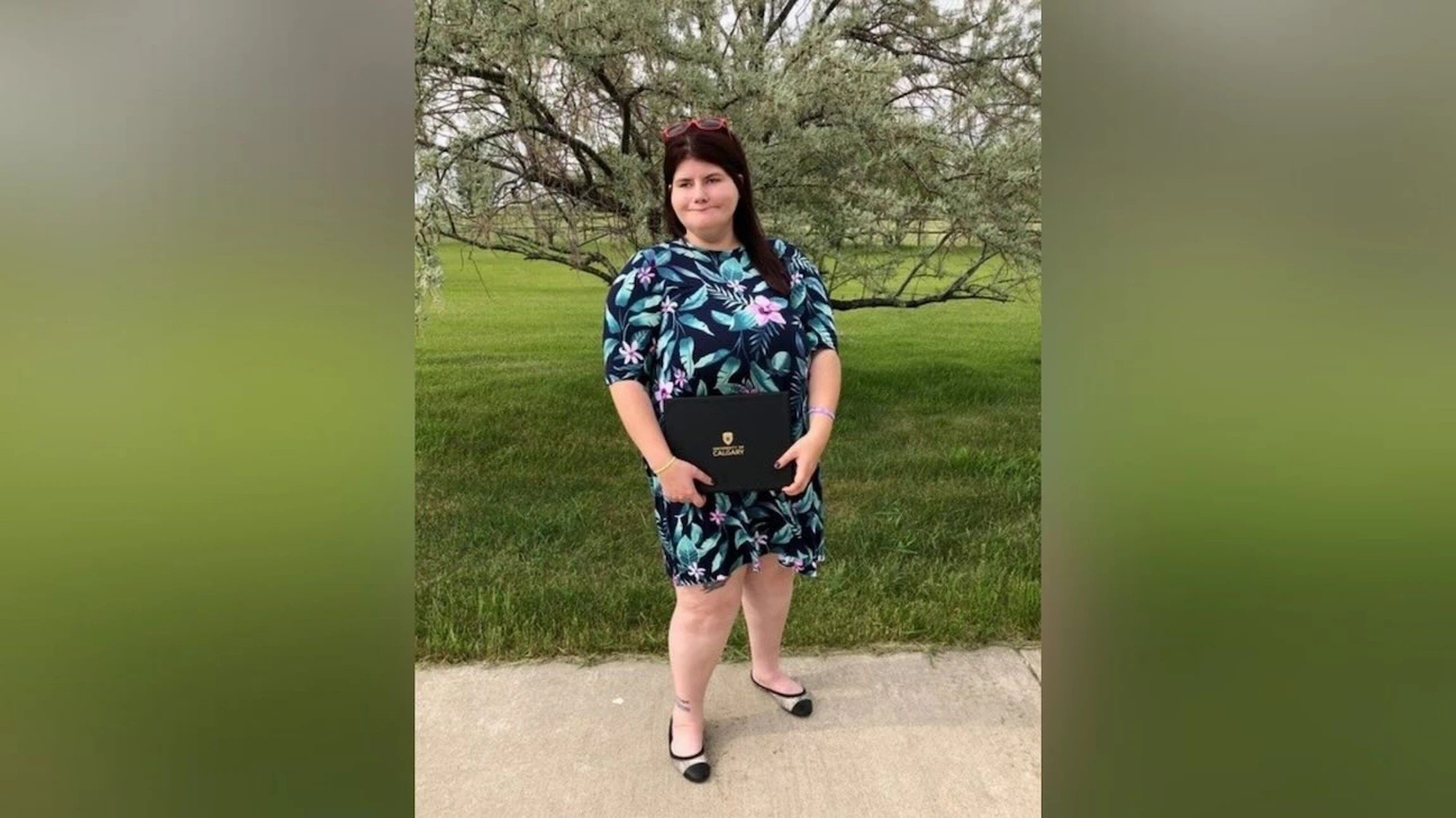Hearing is a vital sense that allows us to connect with the world around us. However, it's easy to take it for granted. According to a report by the World Health Organization, hearing loss is becoming an increasingly prevalent issue worldwide, affecting an estimated 1.5 billion people.
There are many factors that can contribute to hearing loss. One of the leading causes of hearing loss is exposure to loud noises. Loud noises are encountered everywhere in your daily routine, from the sounds of busy traffic, construction sites, concerts, listening to music and even the TV.
The good news is that noise-induced hearing loss is preventable!
Here are some steps you can take to protect your hearing from loud noises:
Wear earplugs or earmuffs:

Sounds are considered harmful when they exceed 85 dB, which is similar to the loudness of heavy traffic.
Exposure to loud noises can damage the sensory hair cells in the cochlea. The cochlea is a shell-like organ in the inner ear where sounds are converted into electrical signals. This damage can lead to both hearing loss and the development of tinnitus, which is characterized by a ringing or buzzing sound in the ears. Wearing earplugs or earmuffs can be a simple yet effective way to protect your ears.
However, it's important to choose the right type of earplugs or earmuffs for your needs. Make sure they are comfortable to wear, fit well, and provide adequate noise reduction. If you're not sure which type to choose, consult a hearing healthcare professional or audiologist who can recommend the best option for you.
Turn down the volume:

It's also important to be mindful of our listening habits. According to the World Health Organization, approximately 1.1 billion young people are at risk of hearing loss due to exposure to loud music or noise through headphones or earphones.
If you're someone who enjoys listening to music or podcasts through headphones, try to keep the volume at a reasonable level. As a general rule of thumb, if someone can hear the music coming from your headphones while standing beside you, the volume is too high! A good way to ensure that your volume is at a safe level is to use the 60/60 rule. This rule recommends listening to music at no more than 60% volume for no longer than 60 minutes at a time. Afterward, give your ears a break for at least 5-10 minutes to recover.
Take breaks:
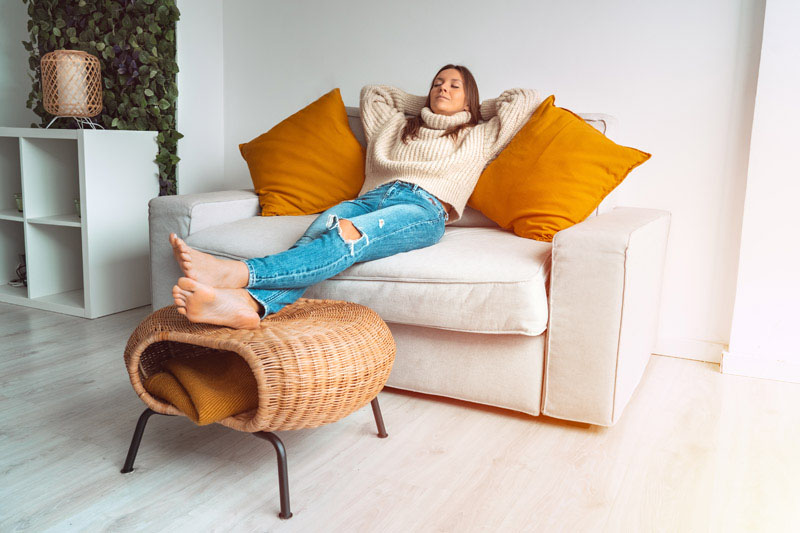
If you're exposed to loud noises for extended periods, take breaks in quieter environments to give your ears time to recover. Taking just a five-minute break every hour can significantly reduce the risk of hearing damage from loud noise exposure. So, if you're in a loud environment for a prolonged period, try to take short breaks regularly to give your ears a chance to recover.
While hearing loss prevention is important, it's also essential to get regular hearing tests. Many people don't realize that hearing tests are just as important as regular physical exams or dental checkups.
Hearing tests are essential because they can detect hearing loss early on, which is crucial for effective treatment. The earlier hearing loss is detected, the better the chances are for successful treatment.
It's worth noting that hearing loss can have a significant impact on a person's quality of life. Untreated hearing loss can lead to a decline in cognitive function, making it more challenging to perform daily tasks and affecting memory, attention, and decision-making skills.
Research conducted by the National Library of Medicine has demonstrated that individuals who take action to address their hearing loss at an early stage are more likely to experience positive outcomes, such as enhanced communication abilities, improved quality of life, and a lower risk of cognitive decline.
Your ears are essential to your quality of life, and we want to help you LoveYourEars by taking care of them properly.
Book a free hearing test and take the first step towards better hearing today!
Sources: World Health Organization (WHO)

